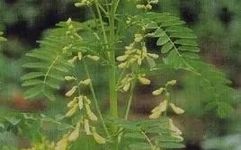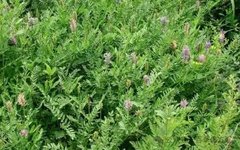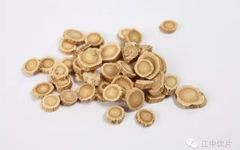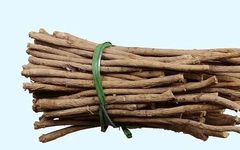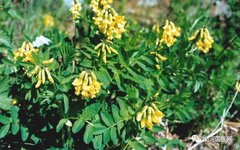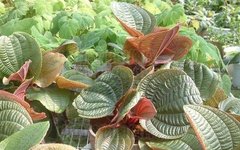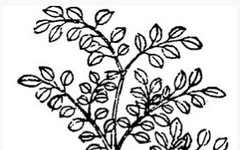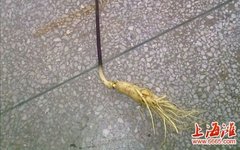Astragalus: A Comprehensive Guide
Astragalus Encyclopedia 【Source】Root of the leguminous herbaceous plants Mongolian Astragalus (Huang Qi) and Membranous Astragalus. 【Related Names】Huang Qi, Mu Qi, Mian Huang Qi, Wang Sun, Jian Qi, Dai San, Dai Shen, Du Shen, Ji Cao, Shu Zhi, Bai Ben, Bai Yao Mian, Du Gen. 【Taste and Properties】Sweet, slightly warm. Enters the Lung and Spleen meridians. … Read more

